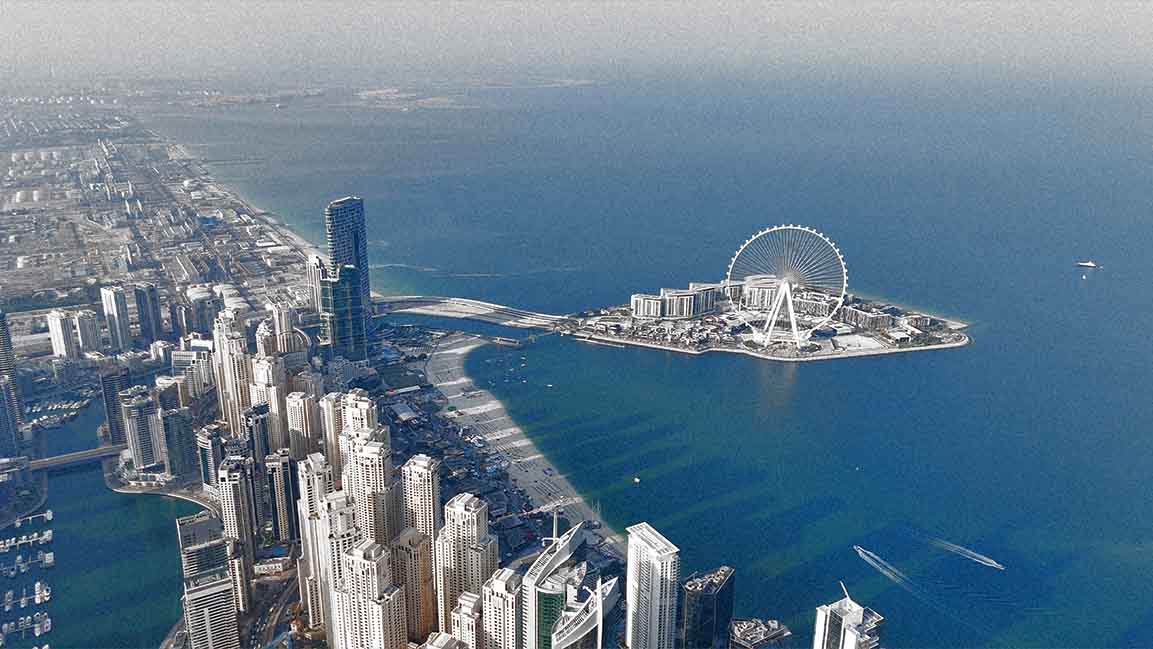- | 1:00 pm
UAE economy shows resilience with growth in non-oil sectors: Report
An OPEC report shows that the growth is supported by strong domestic and international economic activities.

The UAE’s economy continues to show steady growth, particularly in non-oil sectors such as real estate, tourism, and manufacturing, as reported by the Organization of the Petroleum Exporting Countries (OPEC).
The August 2024 Monthly Oil Market Report (MOMR) noted a slight increase in the category encompassing housing, water, electricity, gas, and other fuels—accounting for over 40% of the Consumer Price Index (CPI). The year-on-year rise in this sector reached 6.7% in June, up from 6.6% in May.
Meanwhile, food and beverage (F&B) inflation remained relatively stable, slightly increasing to 2.4% year-on-year in June, up from 2.3% in May. This stability comes as the Gulf state advances its economic policies and strengthens international partnerships. Recently, the UAE Central Bank signed currency swap agreements with Ethiopia, the Seychelles, and Indonesia to facilitate cross-border transactions and enhance payment system cooperation.
The UAE also finalized a Comprehensive Economic Partnership Agreement (CEPA) with Mauritius, designed to eliminate tariffs, boost trade, and support economic diversification efforts, especially in the non-oil sector.
OPEC noted that the UAE’s economic outlook aligns with earlier projections from the International Monetary Fund (IMF), which anticipates a 4% increase in the country’s GDP in 2024. This growth is expected to stem from heightened activity in the tourism, construction, manufacturing, and financial services sectors and robust foreign demand for real estate.
Now accepting applications for Fast Company Middle East’s Most Innovative Companies. Click here to apply.































